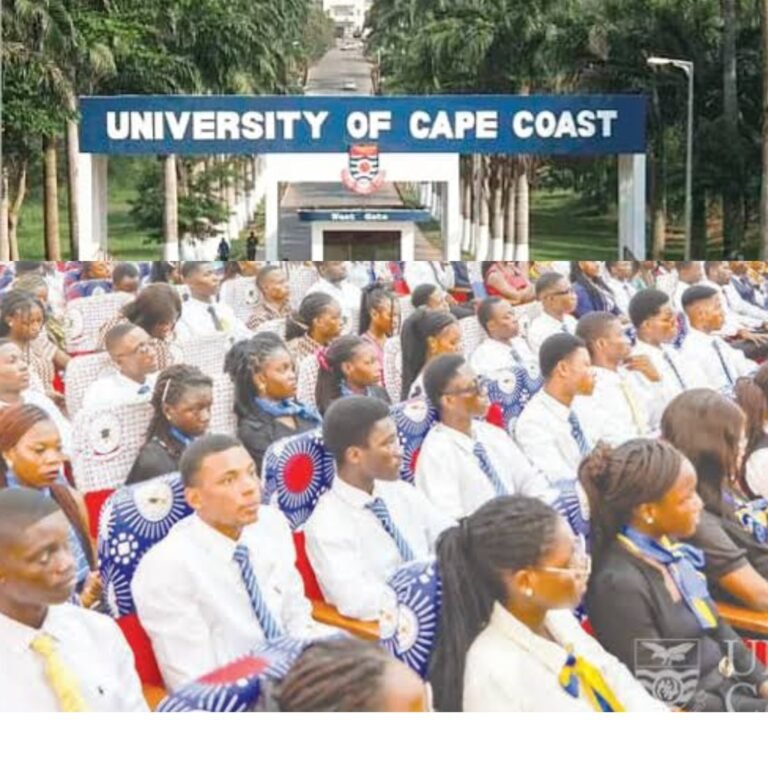
President Akufo-Addo
President Nana Addo Dankwa Akufo-Addo has asked African countries to work together to reform the global financial architecture to inure to their advantage.
He has also asked countries on the continent to expedite action in building and strengthening Africa Union’s financial institutions.
Speaking at the 35th Ordinary Session of the Assembly of the African Union in Addis Ababa, Ethiopia, yesterday, President Akufo-Addo said the AU is currently engaged in the process of establishing four financial institutions. These are African Central Bank (ACB), African Investment Bank (AIB), African Monetary Fund (AMF) and Pan African Stock Exchange (PASE).
Challenges
According to President Akufo-Addo, who is an AU Champion for Financial Institutions, “the major challenges towards the establishment of the AUFIs include the slow rate of signature and ratification of the legal instruments, and the limited capacity of Member States to finance the establishment of the AUFIs.”
Regrettably, he noted, “none of the AUFIs has reached the minimum number of ratifications required for the enabling legal instruments to enter into force, and, thereby, facilitate their substantive establishment.”
This, he noted, is detrimental to the operationalisation of the African Monetary Institute, which is the first step towards the establishment of the African Central Bank.
President Akufo-Addo used the occasion to present a number of recommendations to the AU Assembly for its adoption and endorsement, which, he said, “would be critical towards the establishment of the AUFIs”.
“They have been captured in the Draft Assembly Decision that will be submitted to Your Excellencies for consideration and adoption,” he disclosed.
Fairness
Meanwhile, the President has expressed his disagreement with the unfair treatment of Africa on the matter of the International Monetary Fund (IMF) Special Drawing Rights (SDR) re-allocation. World leaders, in May last year, committed to allocate a historic SDR 650 billion issuance to IMF Member States, with Africa’s quota allocation of five per cent or SDR 33.3 billion. Africa’s quota was within the context of optimising its impact on continent.
According to President Akufo-Addo, while Africa values this commitment to additional resources, of which the continent is in dire need, “it is unfortunate, however, that the only proposal that has been put on the table by the European countries so far is to re-channel these SDRs through only one institution, the International Monetary Fund (IMF).”
He noted that “the IMF should not be the sole beneficiary of such rechanneling.”
“We believe that our own continental institutions, such as the African Development Bank (AFDB) and Afreximbank, should be recipients of the recycling of these SDRs. Our Finance Ministers and the United Nations Economic Commission for Africa (UNECA) have advocated for the use of regional development agencies to be included in this rechanneling,” he said.
He told the Assembly that African Finance Ministers, with United Nations Economic Commission for Africa (UNECA), had consistently championed the allocation of SDRs to capitalise AFDB and AfreximBank, to help establish an African Stability Mechanism, and to initiate a Liquidity Support Facility (LSF).
“We need to guard against the continuing consequential stranglehold of the rating agencies, which has affected the cost and access to capital markets for African countries, and has, during this COVID period, resulted in the downgrading of many African countries, exacerbating even more their funding challenges,” President Akufo-Addo said.
He, thus, urged the AU Assembly to urge G20 leaders stick to their commitment to reallocate to Africa the SDR $100 billion agreed to at the Paris Summit in May 2021.




